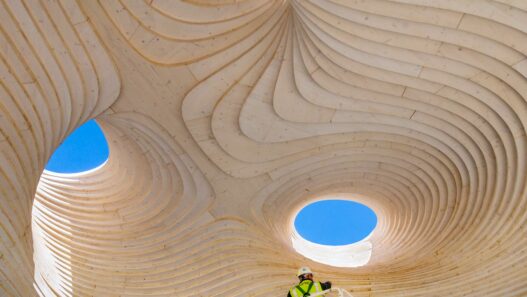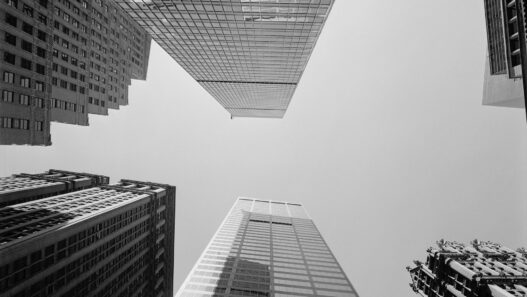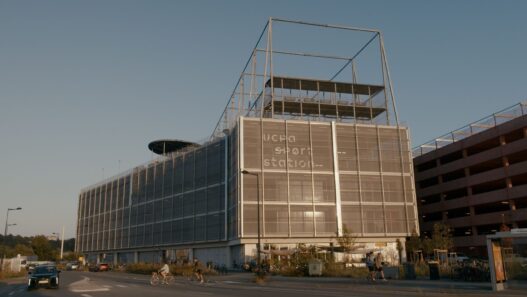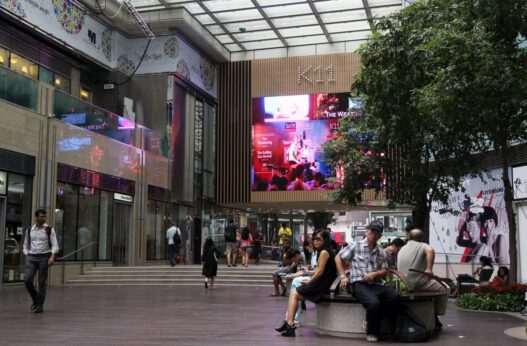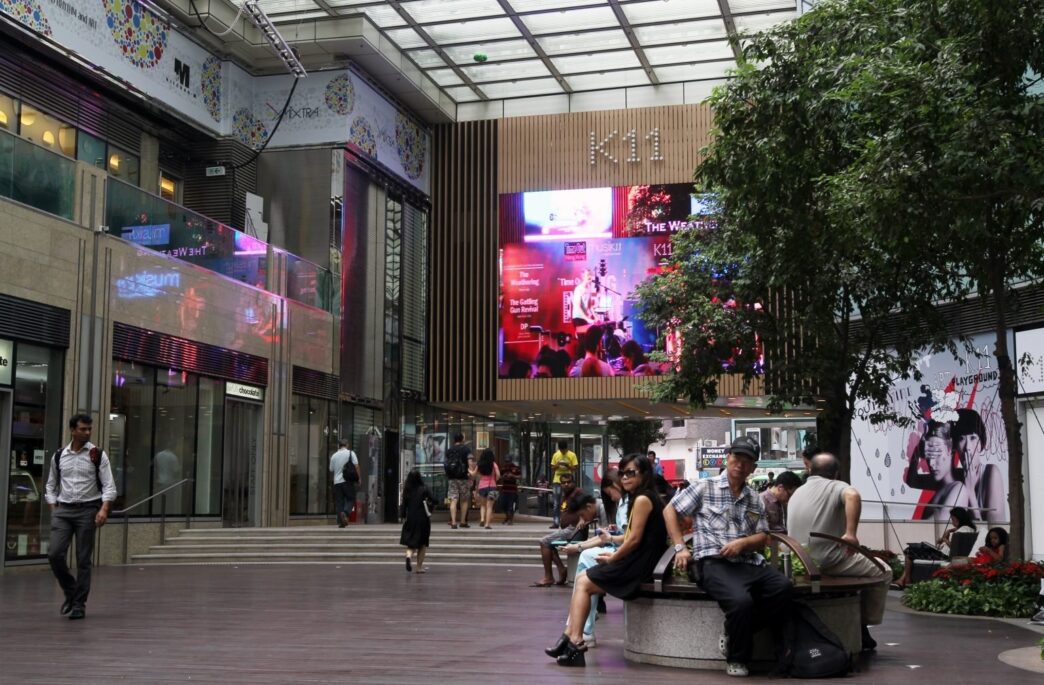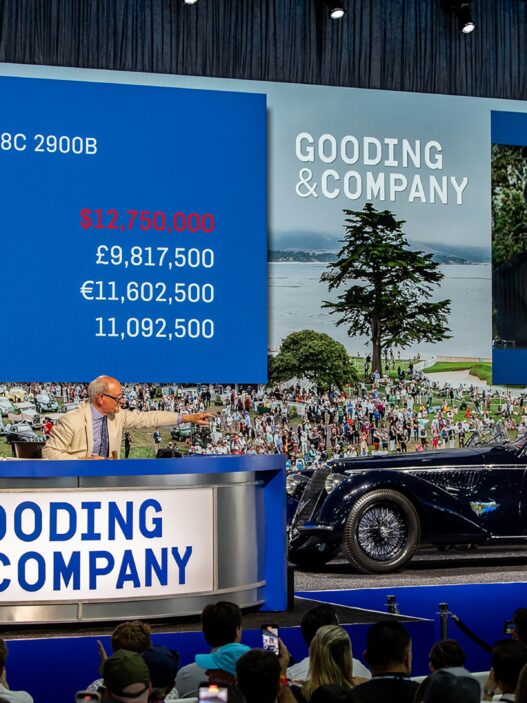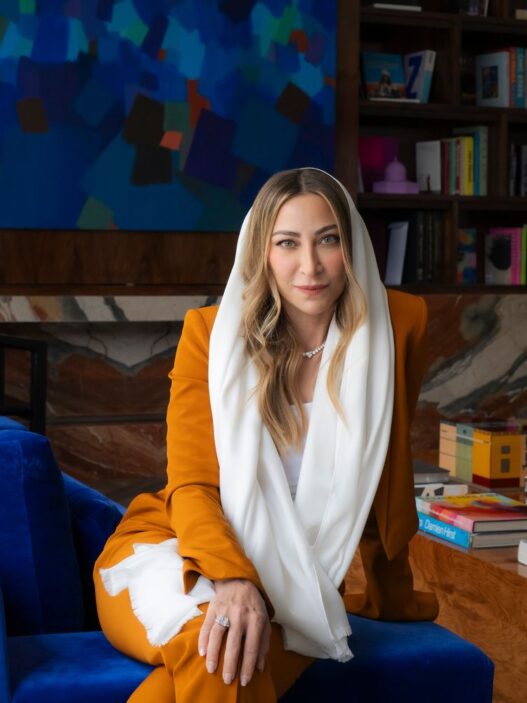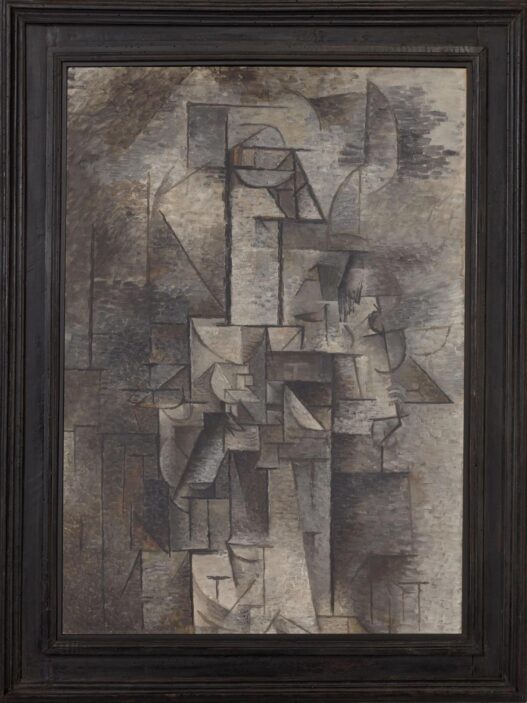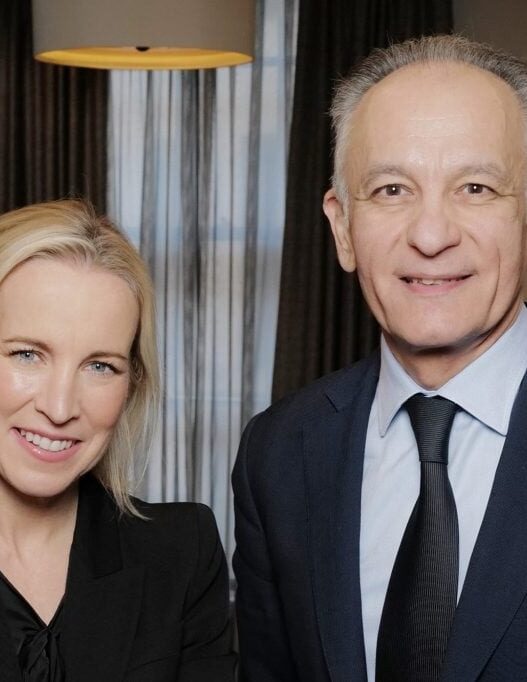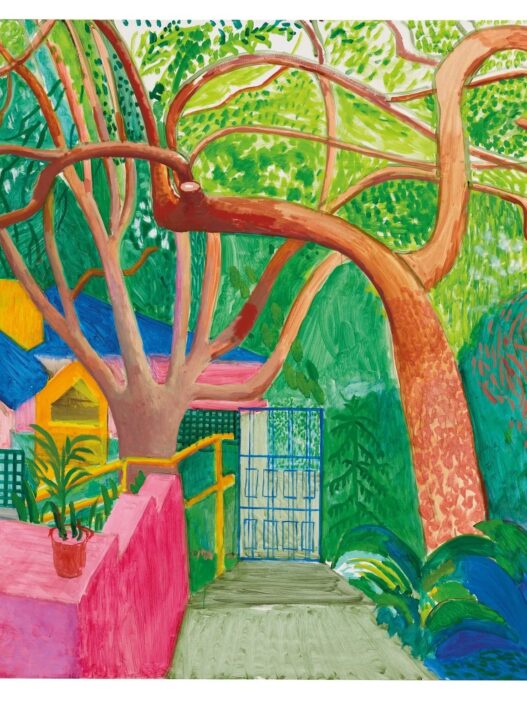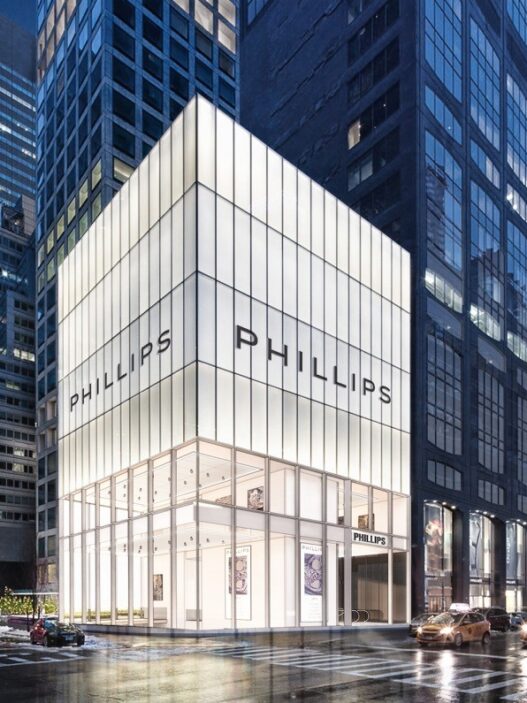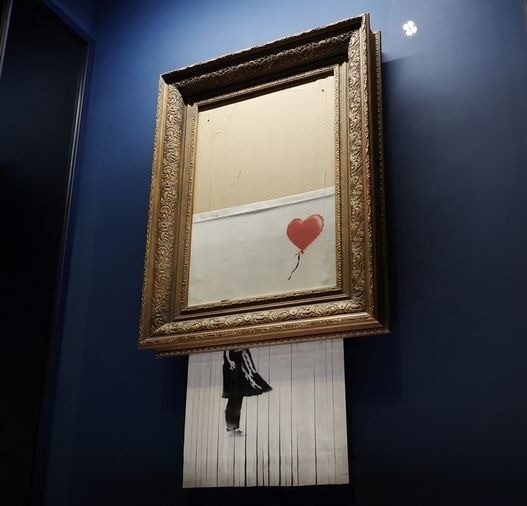Adrian Cheng, one of Hong Kong’s most prominent mega-collectors and the driving force behind the K11 brand, is reportedly negotiating the sale of his flagship K11 Art Mall. Local media sources have reported that Cheng’s New World Development (NWD) has received a HK$9 billion (approximately $1.2 billion) offer from CR Longdation, a subsidiary of the Chinese state-owned conglomerate China Resources. The K11 Art Mall, a seven-story complex located on Hanoi Road in Tsim Sha Tsui, is known for blending art, culture, and retail. It opened in 2009 as Cheng’s pioneering project under the K11 brand.
The sale of K11 Art Mall would mark a significant moment for both Cheng and NWD, as it comes during a period of financial difficulty for the company. NWD, a publicly listed company controlled by one of Hong Kong’s wealthiest families, recently issued a profit warning and revealed that it anticipates a loss of between HK$19 billion and HK$20 billion for the financial year that ended in June 2024. The company cited the effects of interest rate hikes, depreciation of the renminbi, and delayed revenue recognition from major projects as contributing factors to this decline.
NWD is currently the most heavily indebted major property developer in Hong Kong, with a gearing ratio of 49.9 percent as of December 2023, one of the highest among developers in the city. Despite repaying significant portions of its debt—around HK$35 billion in the first half of 2024 and another HK$16 billion in recent months—the company’s financial struggles have sparked concerns about its long-term viability. NWD’s stock price recently plummeted to its lowest point since 2003, shrinking the company’s market capitalization to HK$19.76 billion ($2.5 billion).
Cheng, who serves as vice-chairman and CEO of NWD, has also been focusing on expanding his K11 Group across China. The K11 brand, which combines art, retail, and cultural events, has grown into a recognizable institution with multiple locations, including K11 Musea in Hong Kong, Shanghai K11, and the upcoming K11 ECOAST in Shenzhen—a $1.4 billion development expected to open by the end of 2024.
The Future of the K11 Brand
Cheng’s K11 brand has consistently sought to merge art with commercial spaces, transforming malls into cultural hubs. The flagship K11 Art Mall in Tsim Sha Tsui became a destination for young professionals and the middle class, offering not only retail experiences but also curated cultural exhibitions. In light of the mall’s success, the potential sale for a reported 5 percent return on investment highlights the financial pressure NWD is currently facing.
While NWD has not commented on the sale reports, the potential transaction reflects the company’s broader strategy to reduce debt and stabilize its financial standing. Earlier this year, K11 Art Foundation, another facet of Cheng’s cultural empire, laid off a portion of its creative team, signaling cost-cutting measures within his art-focused ventures.
Public Roles and Art Promotion
Despite the company’s financial strain, Cheng remains a pivotal figure in promoting art and culture in Hong Kong. He is the chair of the Mega Arts and Cultural Events Committee, which advises on Hong Kong’s cultural funding and supports major international art events such as Art Basel and Art Central. Cheng’s K11 Art Foundation is also actively involved in exhibitions worldwide, such as the upcoming “Lunar Water” in Seoul, held during the Frieze art fair.
Cheng’s contributions to Hong Kong’s cultural landscape are undeniable. The K11 Art Foundation has staged a variety of generative art exhibitions, while Cheng has continuously worked to integrate public and private art initiatives. These efforts help cement Hong Kong’s reputation as a global cultural hub.
As Adrian Cheng and New World Development navigate economic uncertainty, the potential sale of the K11 Art Mall marks a significant moment for both the company and Hong Kong’s cultural scene. The sale could help alleviate some of NWD’s financial pressures while sparking questions about the future direction of Cheng’s art and cultural initiatives. Whether Cheng will fully transition out of his family’s property business remains to be seen, but his influence on the intersection of art, culture, and commerce continues to resonate both locally and internationally.




